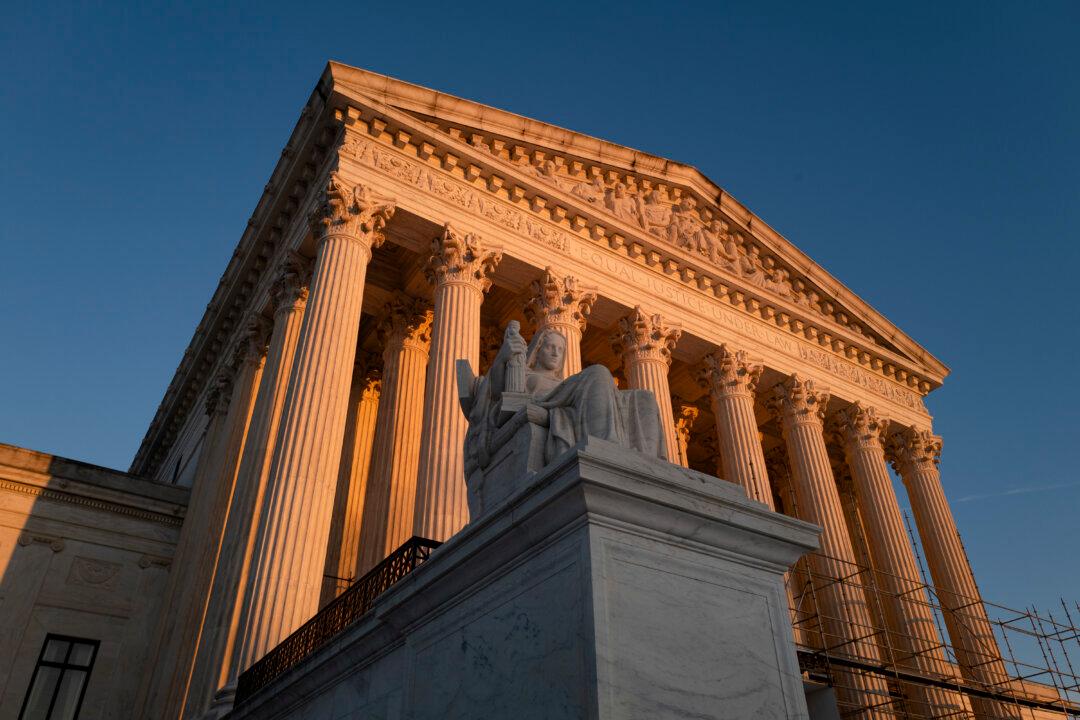The Supreme Court heard oral arguments on April 29 over whether the FBI should be protected from a civil suit over its mistaken raiding of a Georgia couple’s home in 2017.
In the early morning hours of Oct. 18, 2017, FBI Special Agent Lawrence Guerra mistakenly believed he had arrived at a gang member’s home to execute a search warrant. Instead, he smashed through the door of a different home—that of Hilliard Toi Cliatt and his partner, Curtrina Martin.





